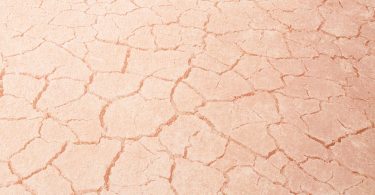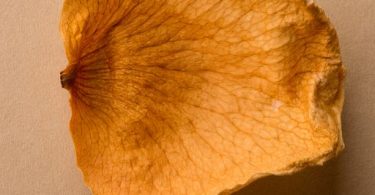The research concurs: high concentrations of AGEs (Advanced Glycation Endproducts) are found in patients with acute phases of dermatosis such as psoriasis (1), including, more surprisingly in children with atopic dermatitis (2).
These observations, which show a particularly marked intensification of glycation during the inflammatory phases, suggest that the glycation is the consequence of a pre-established oxidation. But we can not exclude a vicious circle situation where RAGEs (Receptors for Advanced Glycation Endproducts) play a key role.
…patients with chronic dermatoses with inflammatory phases, candidates for accelerated glycation…
These results would make patients with chronic dermatosis with inflammatory phases, candidates for accelerated glycation and early aging (metabolic syndrome, cognitive decline …).These results also show the interest of testing treatments against glycation in dermatology.
@AGE BREAKER, update 02 2020
[Glycation is one of the major causes of aging. Resulting from the fixation of sugars on the proteins constituting the organism, glycation generates toxic compounds that cause cellular aging. Glycation is particularly involved in metabolic disorders, skin aging and cognitive decline.] [AGE BREAKER SKIN HEALTH, patented nutritional supplements, based on rosmarinic acid, recognized by aging specialists around the world for their properties to reverse the effects of glycation.]More on www.agebreaker.com
#agebreaker #glycation
(1): A. Papagrigoraki and Al. Advanced Glycation End Products are Increased in the Skin and Blood of Patients with Severe Psoriasis. Department of Medicine, Section of Dermatology and Venereology, University of Verona, Verona, Acta Derm Venereol 2017; 97: 782–787.
(2): H. Tsukahara and Al. High levels of urinary pentosidine, an advanced glycation end product, in children with acute exacerbation of atopic dermatitis: relationship with oxidative stress. Department of Pediatrics, Fukui Medical University, Fukui, Japan. Metabolism, Volume 52, Issue 12, p 1601 -1605, 12 2003.
Photo ; gorokhova_photo









